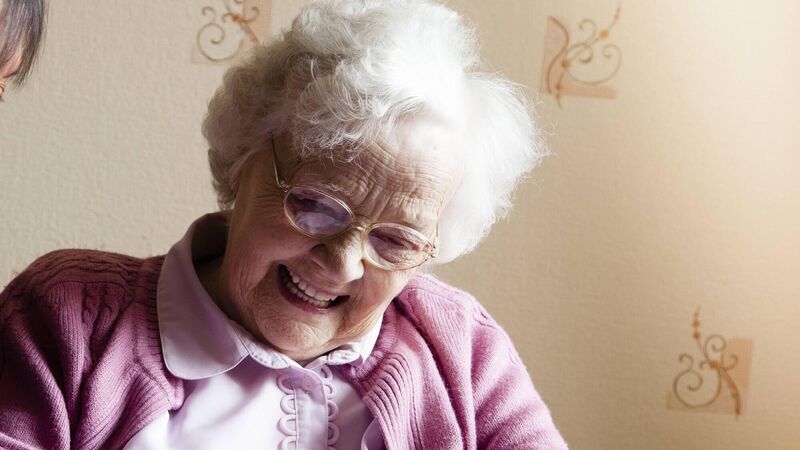Almost 700 beds closed in care homes as ESRI warn of 'dominance'

happy old lady in nursing care home
The cost of providing care in nursing homes may increase in the coming years due to the “dominance of private supply” in the system, the ESRI has warned.
A new report on the challenges facing the long-term residential care sector said that 14 medium/large operators now dominate the supply of beds in the Irish system.










